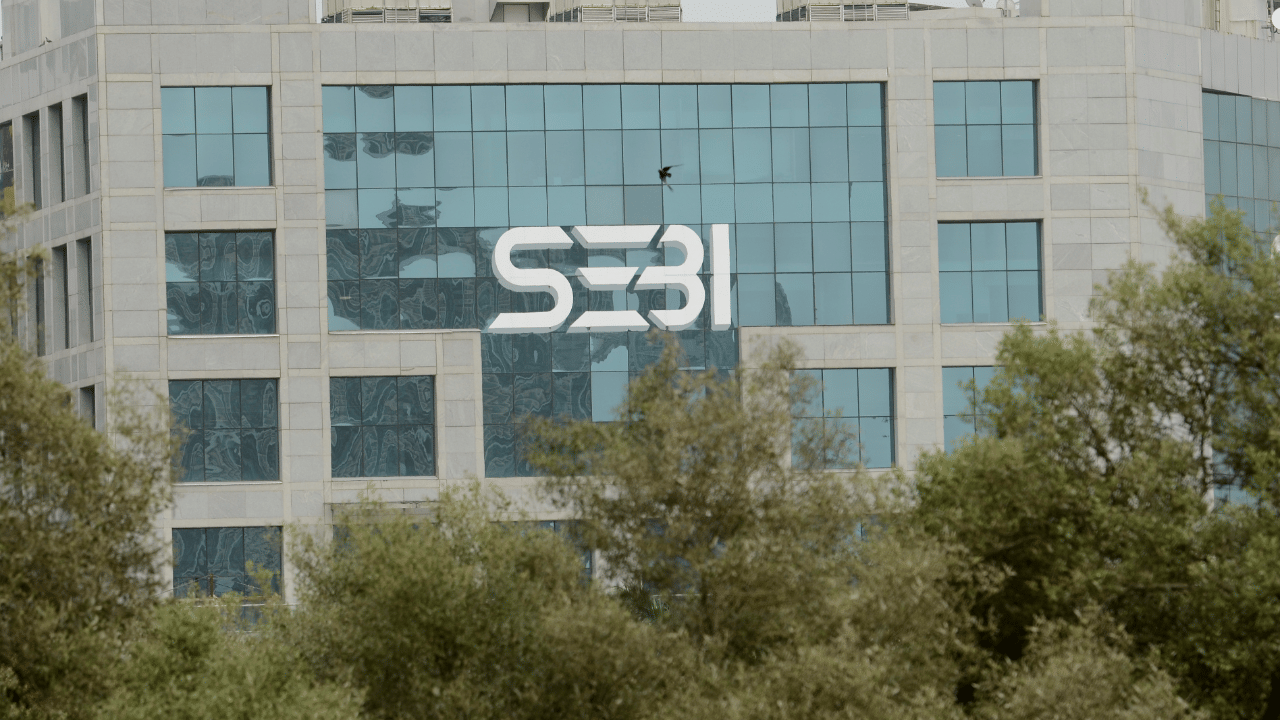New Delhi: SEBI, securities market regulator, has reportedly begun discussions on bringing family offices under its regulatory supervision says a Bloomberg report. The family offices are the private investment arms of wealthy families .
As per Bloomberg report, regulatory officials are considering new rules that could require family offices to disclose details of their legal structures, assets, and investment returns for the first time. Additioanally, SEBI would create a distinct regulatory category for them for better regulations. SEBI believes greater transparency is necessary to understand how large conglomerates deploy capital into publicly listed securities and the potential risks involved.
Earlier this year, SEBI held consultations with several major family offices and sought written submissions from others. However, the timing and structure of any new regulations remain uncertain, as there is currently no dedicated regulatory framework for family offices in India.
Family Offices under regulatory ambit
Family offices have grown in prominence over the past two decades. They were practically nonexistent in the financial landscape. However, today they are playing a key role as startup financiers, private equity backers, and IPO participants, often channeling investments through regulated structures like Alternative Investment Funds (AIFs) or through shadow-lending mechanisms.
These entities vary in form: single-family offices typically manage the wealth of one family, while in global hubs like Singapore and Hong Kong, regulations and thresholds define their licensing and benefits. In India, however, the capital pool of a family office may be spread across multiple individuals, companies, and branches within a family, making oversight more complex.
SEBI’s new proposed initiative enhances market visibility while simultaneously trying to reduce insider trading risks. The proposed initiative aims to align India’s regulatory framework with global norms, like those of Singapore and Hong Kong wherein family offices are under structured regulatory oversight
